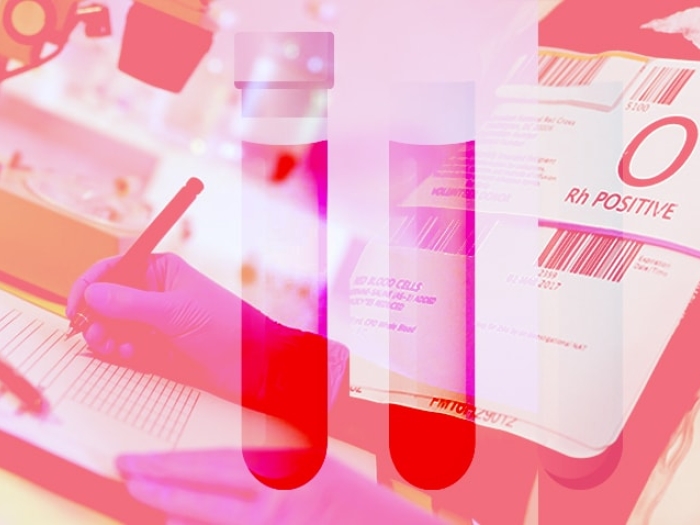A striking rise in hepatitis A cases in southeast Michigan may have some residents concerned. But one expert says there’s an easy and safe course of action.
1:00 PM
Author |

Southeast Michigan has seen a spike in the number of reported cases of hepatitis A in the past year.
According to the Michigan Department of Health and Human Services, from Aug. 1, 2016, to June 26, 2017, there have been nearly 190 confirmed cases reported, including 10 deaths — a tenfold increase from the same time last year.
MORE FROM MICHIGAN: Sign up for our weekly newsletter
Robert Fontana, M.D., a professor of medicine and director of Michigan Medicine's Liver Transplant Clinic, says residents should not panic about the news, and instead they should get vaccinated.
"It shouldn't create a panic," he says. "Hepatitis A is completely preventable, and the vaccine is completely safe. The vaccine is now part of the routine childhood vaccine schedule, and we give it to children as young as 2 years old."
It shouldn't create a panic. Hepatitis A is completely preventable, and the vaccine is completely safe.Robert Fontana, M.D.
Hepatitis A is a communicable disease and thus far authorities have been unable to confirm the source of the outbreak. Of lab-confirmed diagnoses, 87 percent of patients have required hospitalization.
Unlike hepatitis B and C, Fontana says hepatitis A infection spreads almost exclusively through close contact with someone who has the infection, which is most commonly acquired via consumption of food or water contaminated with the virus. Fortunately, hepatitis A does not cause chronic liver disease and is rarely fatal, but it can cause debilitating symptoms.
Its symptoms range from mild to severe, and can include fever, malaise, loss of appetite, diarrhea, nausea, abdominal discomfort, dark-colored urine and jaundice, Fontana says. But not everyone who is infected will have all of the symptoms.
"People with hepatitis A are usually infectious for two weeks before symptoms appear," he cautions.
SEE ALSO: Why All Baby Boomers Should Be Tested for Hepatitis C
While the hepatitis A vaccine — which was introduced in 1995 — is recommended as part of the routine childhood vaccination schedule, most adults have not been vaccinated against the hepatitis A virus and may be susceptible to the illness.
Fontana says that the CDC recommends "catch-up" vaccination for all adolescents or adults in the general population who have never been vaccinated. In addition, those in high-risk categories should seriously consider vaccination given as two shots over a six-month time frame.
Those groups include:
-
People who use injection and non-injection illegal drugs
-
People who participate in commercial exchange of sexual practices
-
Close personal contacts (either household or sexual) of hepatitis A patients
-
Men who have sex with men
-
People with liver diseases, such as hepatitis B or C. People with chronic liver disease have an elevated risk of death from liver failure
-
Any person who wishes to be immune to hepatitis A
-
People who live, work or recreate in southeast Michigan and are concerned about getting the disease
MDHHS is encouraging residents to contact their local health department for more information about how to receive the hepatitis A vaccine:
-
Macomb County Health Department, 586-469-5372
-
Oakland County Health Division, 1-800-848-5533 or email [email protected]
-
Clair County Health Department, 810-987-5300
-
Wayne County Communicable Disease Unit, 734-727-7078
-
Detroit Health Department, 313-876-4000
To refer a patient or to schedule an appointment at Michigan Medicine's General Hepatology Clinics in the Ann Arbor (Taubman or East Ann Arbor), Brighton, Canton or Northville Health Centers, call 844-233-0433.

Explore a variety of health care news & stories by visiting the Health Lab home page for more articles.

Department of Communication at Michigan Medicine
Want top health & research news weekly? Sign up for Health Lab’s newsletters today!





